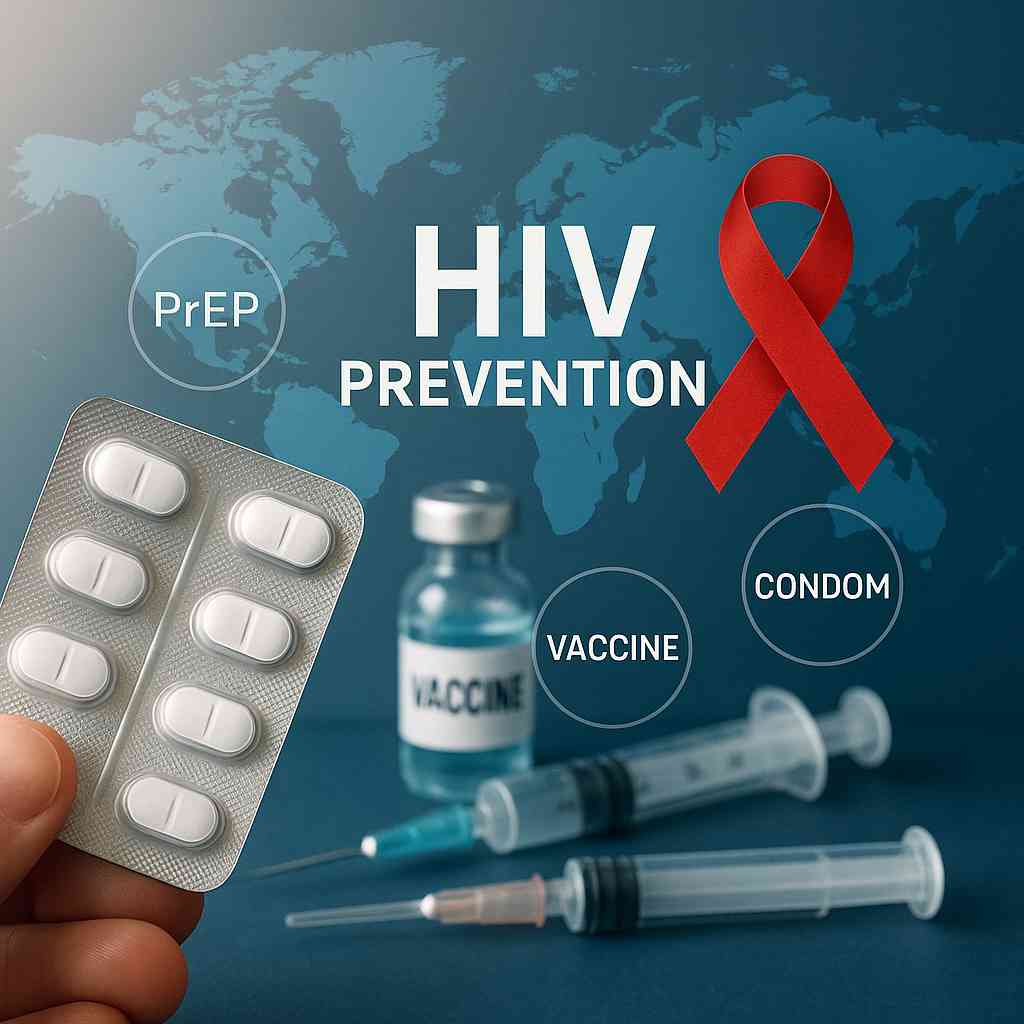Cardiovascular disease (CVD) is a significant concern for individuals living with HIV. Unfortunately, people with HIV are at a higher risk of developing CVD compared to the general population. As doctors, it is crucial to be aware of this increased risk and understand the unique challenges in managing HIV-related CVD. In this blog post, we will explore the link between HIV and CVD and provide essential information that every doctor should know.
The Link between HIV and CVD
- Chronic Inflammation: HIV infection leads to chronic inflammation, even in individuals receiving antiretroviral therapy (ART). This chronic inflammation contributes to the development and progression of CVD.
- Immune Dysregulation: HIV can cause immune dysregulation, impacting the balance of immune cells involved in cardiovascular health. This immune dysregulation can accelerate the development of atherosclerosis and increase the risk of cardiovascular events.
- Traditional Risk Factors: Many individuals with HIV also have traditional CVD risk factors, such as smoking, high blood pressure, dyslipidemia, and diabetes. These risk factors, combined with HIV-related factors, further increase the risk of CVD.
Strategies for Managing HIV-Related CVD
- Early Screening: Routine cardiovascular risk assessment should be an integral part of HIV care. Assess traditional risk factors, such as blood pressure, lipid profile, and glucose levels, in addition to HIV-related factors. Early identification and intervention can help mitigate the impact of risk factors on CVD development.
- Lifestyle Modifications: Encourage patients to adopt heart-healthy lifestyle behaviors to reduce the risk of CVD. Promote regular exercise, smoking cessation, a balanced diet, and stress reduction techniques. These lifestyle modifications can have a positive impact on both HIV and CVD management.
- Optimize HIV Treatment: Effective ART plays a crucial role in managing HIV-related CVD. ART not only suppresses viral replication but also helps reduce chronic inflammation and immune dysregulation. Ensure patients are receiving appropriate ART regimens and monitor their viral load and CD4 cell counts regularly.
- Cardiovascular Medications: When necessary, utilize cardiovascular medications, such as statins for cholesterol management and antihypertensive drugs, to control CVD risk factors. Consider potential drug interactions with ART and involve a cardiologist when managing complex cases.
- Multidisciplinary Collaboration: Collaborate with a multidisciplinary team, including cardiologists, to provide comprehensive care for patients with HIV-related CVD. This collaboration can ensure optimal management, shared decision-making, and coordination of care.
- Patient Education: Educate patients about the increased risk of CVD associated with HIV and the importance of regular screenings and adherence to treatment. Empower patients to take an active role in their cardiovascular health through self-management and awareness.
Conclusion
HIV-related CVD is a significant concern for individuals living with HIV. The chronic inflammation, immune dysregulation, and traditional CVD risk factors contribute to an increased risk of cardiovascular events among this population. As doctors, it is crucial to prioritize the identification, prevention, and management of CVD in our HIV patients. By implementing strategies such as early screening, lifestyle modifications, optimizing HIV treatment, utilizing cardiovascular medications when necessary, engaging in multidisciplinary collaboration, and educating patients, we can work towards reducing the impact of HIV-related CVD and improving the overall health and well-being of our patients.



